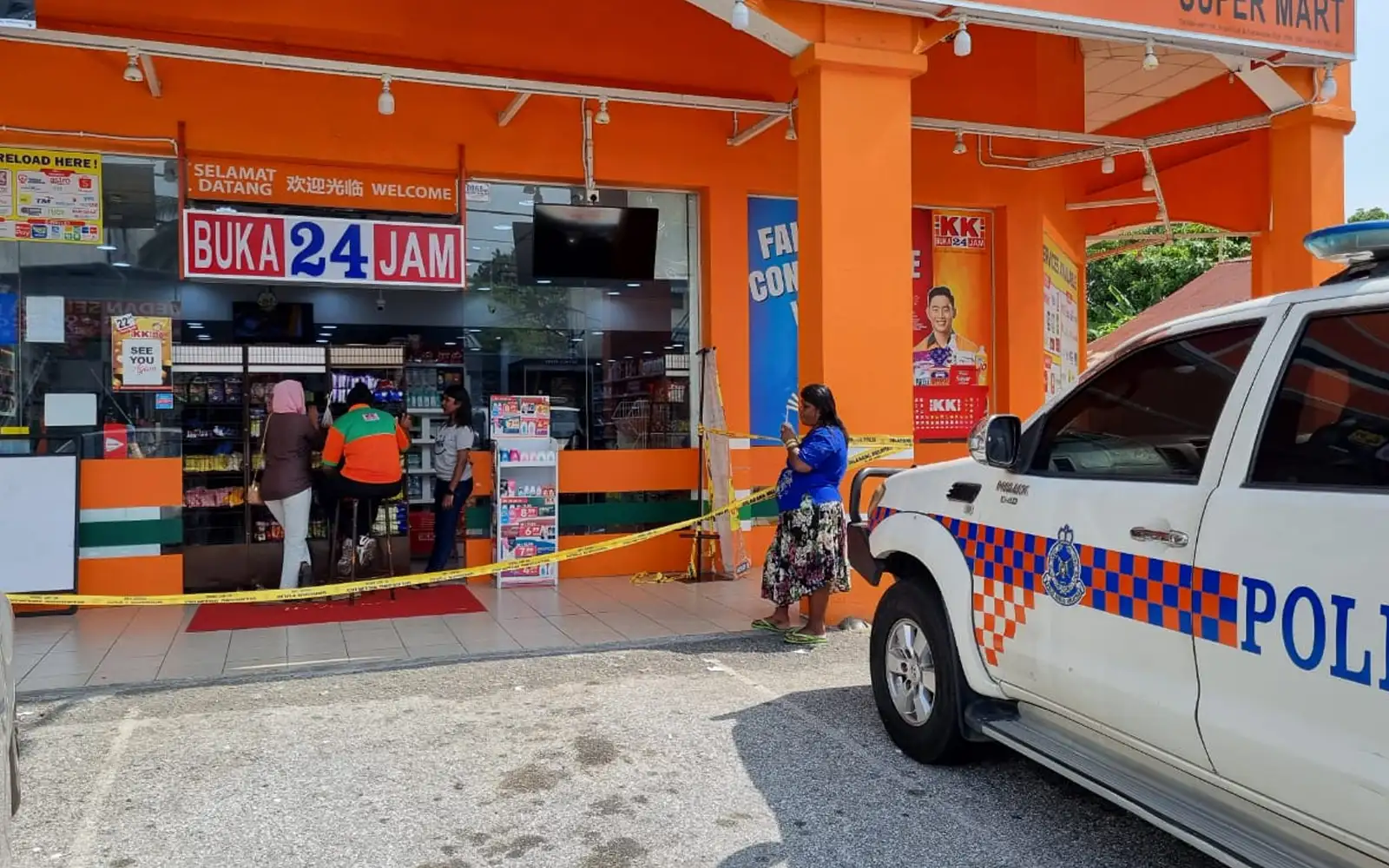
Police have said the incidents are being probed under Section 435 of the Penal Code for committing “mischief by fire”, but Project Stability and Accountability for Malaysia (Projek Sama) said the series of attacks indicate they are not “random acts of mischief by fire” but acts of terrorism.
As such, they said those behind the incidents should be probed under Section 130B of the Penal Code for committing acts of terrorism to advance a political, religious or ideological cause, which read with Section 130C, carries a prison term of seven to 30 years and a fine, if convicted.
Projek Sama added that police should also investigate netizens who supported these acts in their online posts under Section 130G of the Penal Code for inciting, promoting or soliciting property for terrorist acts. Offences under this section carry a maximum jail term of 30 years.
“The conviction of any suspect under Sections 130C and 130G, together with Section 130B of the Penal Code, would send a clear message that there is no ‘selective lawlessness,’ as aptly called out by Tuaran MP Wilfred Madius Tangau,” it said.
“This would immediately deescalate the atmosphere. We are puzzled by the police’s inaction or inability to act.”
In January, a Molotov cocktail was thrown at Ngeh’s home, resulting in fire damage to three vehicles belonging to the Perak DAP leader.
Ngeh was reported to have said that those responsible for the fire might have been incited by others and misled by falsehoods spread by PAS and Bersatu over a statement he made on Dec 28.
His statement sparked controversy by proposing that non-Muslim constitutional experts be appointed to the committee examining conflicts between shariah law and the Federal Constitution.
Three KK Mart outlets in Bidor (Perak), Kuantan (Pahang) and Kuching (Sarawak) were attacked by petrol bombs in the space of one week.
The attacks on KK Mart started following a controversy where a few socks bearing the word “Allah” were discovered for sale at its Bandar Sunway outlet.
In light of this, Projek Sama called for the establishment of a multi-partisan, cross-ministry mechanism aimed at managing, defusing, and preventing ethno-religious tensions.
“A cross-ministry set-up would allow better coordination while a multi-partisan decision-making process would bind all major parties within both the government and the opposition from exploiting any ethno-religious disputes to their advantage,” it said.
The group added that similar councils should also be established at the state level. - FMT



No comments:
Post a Comment
Note: Only a member of this blog may post a comment.